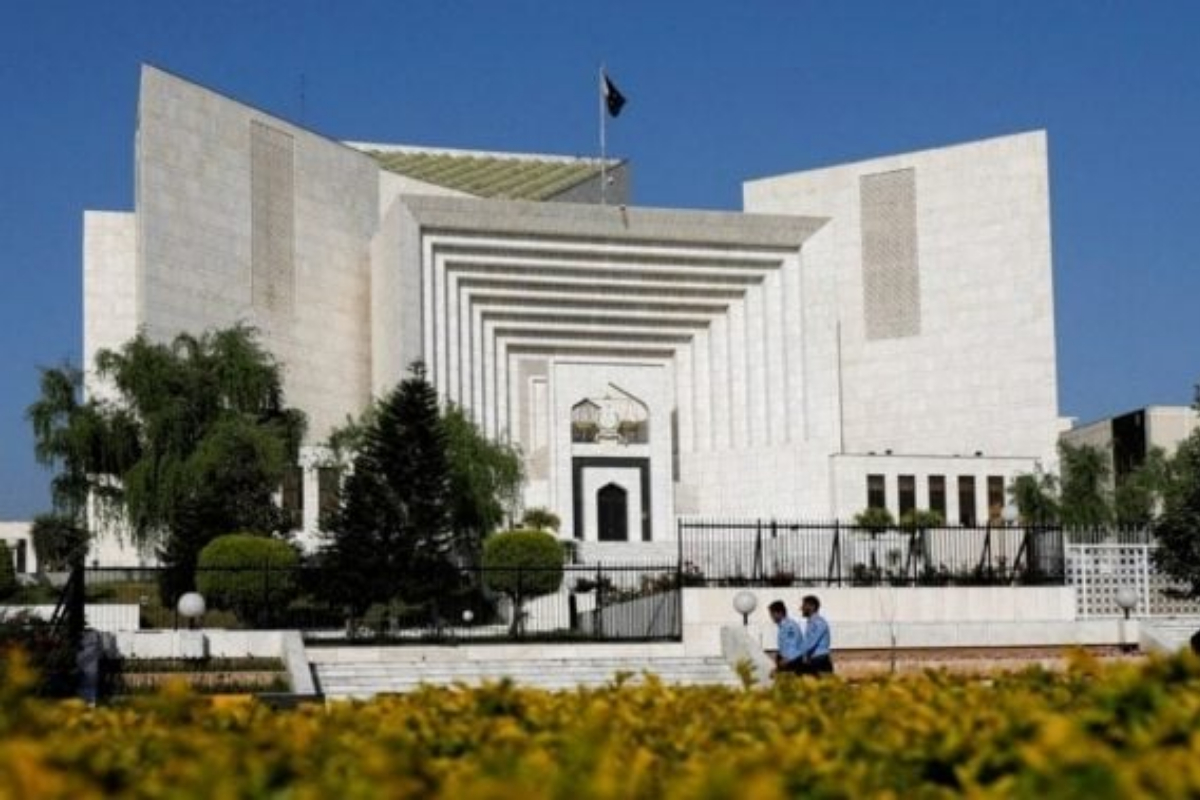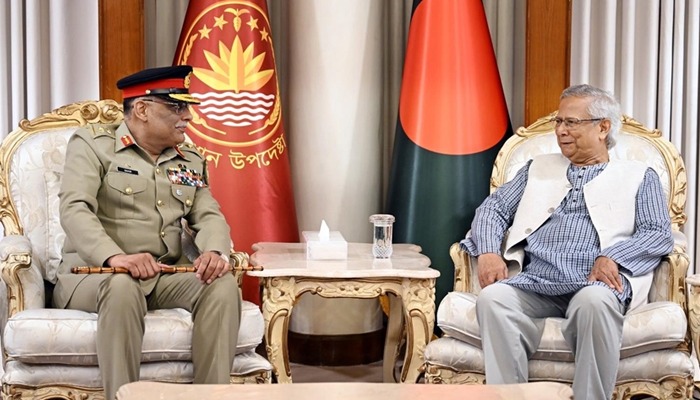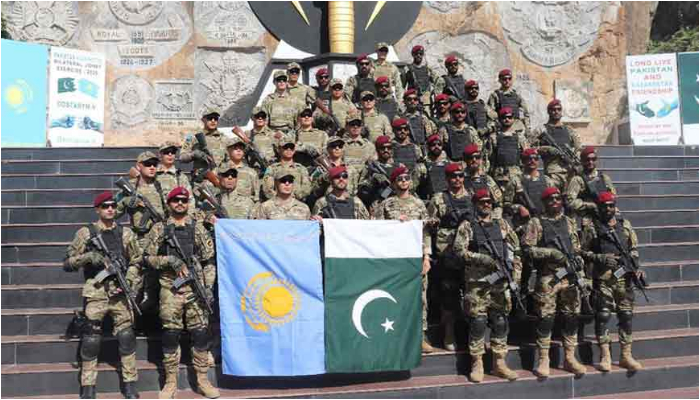Islamabad: The Ministry of Defense has presented the record of the civilian military trial case to the constitutional bench.
A 7-member constitutional bench, headed by Justice Aminuddin Khan, heard the intra-court appeal against the trials of civilians in military courts.
During the proceedings, Justice Musarat Hilali raised a question, which she had also posed the previous day: “Does the investigation take place before the charge?” Justice Muhammad Ali Mazhar stated, “The investigation happens first, then the charge is framed.”
Defense Ministry’s lawyer, Khawaja Haris, while presenting arguments, stated that the law clearly differentiates between a trial and a fair trial. After the charge is framed, the accused is included in the investigation, to which Justice Jamal Mandokhel remarked, “That means the same penalties apply in this case as well.”
Justice Muhammad Ali Mazhar further inquired, “What will be the procedure if there is no confession? In that case, the case will proceed in the usual manner?”
During the hearing, lawyer Khawaja Haris argued on the procedure of military trials under the Army Act, stating that the judge and the Advocate General take an oath to maintain impartiality, and that each case is not examined individually in the proceedings.
Justice Jamal Mandokhel inquired about the grounds on which a military trial could be challenged, asking, “Normally, the accused is considered the ‘favored child’ of the court; is the accused treated the same in military courts?” The lawyer for the Ministry of Defence responded that the accused is granted protection under the rules of the Army Act.
During the hearing, lawyer Khawaja Haris submitted the record of the military trial to the constitutional bench, providing seven copies of the military trial record to the seven judges of the bench.
Khawaja Haris argued that the court should review the trial procedures, and pointed out that before the trial, no objections were raised regarding Lieutenant Colonel Ammar Ahmad.
Justice Jamal Mandokhel responded that this record is to be reviewed during the appeal, and it would not be appropriate for the bench to review it at this stage, ensuring that the trial would not be affected.
The six judges of the constitutional bench returned the trial record to Khawaja Haris, the Ministry of Defence’s lawyer.
The lawyer stated, “What is the standard of fundamental human rights in a military trial? I assist the court on this matter. Public hearings are conducted, the full opportunity for public hearing is provided, the trial is independent and impartial, and the requirements of a transparent trial are fulfilled. Article 175-A mentions that the court should be independent, and military courts are also independent.”
Justice Jamal Mandokhel responded, “We should not doubt anyone. It is not right to doubt according to Sharia law as well. Justice should not only be done but should also be seen to be done.”
During the hearing, an important exchange took place between Justice Aminuddin Khan and Latif Khosa. Latif Khosa asked, “Will it be our turn tomorrow?” to which Justice Aminuddin Khan replied, “You’ve already given half of your case arguments while sitting.”
Subsequently, the Supreme Court’s constitutional bench adjourned the intra-court appeal regarding civilian trials in military courts, with further proceedings scheduled for tomorrow.




















